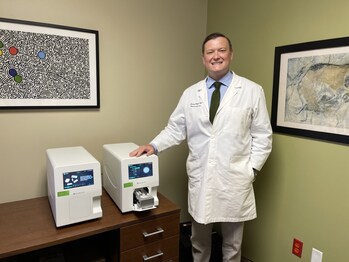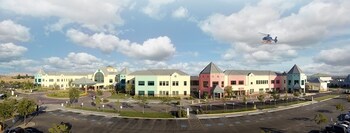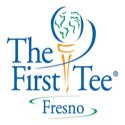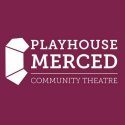
That is what Valley Children's Precision Medicine Program is doing: the team is the first in the nation to use a revolutionary genetic test that can quickly let a doctor know if their tiny patient is at higher risk of hearing damage from an aminoglycoside. Once a doctor knows the baby has a particular version of a key hearing gene, they can choose a different course of care to treat an infection.
"Genes are like the individual instructions in a book that tell the body how to build and work, so understanding them is important in creating a treatment plan for each patient," said Dr. Jeremy Woods, Valley Children's geneticist and director of the Precision Medicine Program.
Aminoglycosides are a class of antibiotics often used to treat infections in infants in the neonatal intensive care unit (NICU). However, in addition to attacking bacteria, medicines can also attack human proteins, which are vital to hearing development. That's not usually a problem, but for babies born with certain variants of the MT-RNR1 gene, the risk for aminoglycoside-induced hearing loss (AIHL) is much greater. Insights suggest that this could be the explanation for at least 1% of hearing loss that occurs in children before language development, and likely more.
The problem until now was being able to check the baby's genetic "map" quickly if they got sick. Valley Children's has solved that with a simple, non-invasive test. A small saliva sample from the baby's cheek is then analyzed by a special machine that tests for changes in the MT-RNR1 gene. The machine is no larger than an inkjet printer and can deliver results to physicians in under an hour when time is of the essence. The Valley Children's Precision Medicine team is conducting MT-RNR1 rapid testing for patients outside of the hospital, and they plan to standardize this process for babies in the hospital later this year.
"Previously, we would have to wait weeks for the results of MT-RNR1 genetic testing. We can have results back in under an hour," Dr. Woods said. "That gives us plenty of time to choose a safer antibiotic to treat a seriously ill baby."
This life-changing advancement is one of several innovative tools that Valley Children's Precision Medicine Program pioneered. Earlier this year, the hospital began using an advanced genetic testing module as part of the electronic patient information system. This system allows providers to effortlessly order a comprehensive genetic test (whole genome sequencing) that includes one or both parents and provides instant care recommendations based on a child's specific genetic map.
Valley Children's was also one of only five institutions to participate in a Medi-Cal pilot program called Project Baby Bear, which used rapid whole genome sequencing to improve the care for critically ill infants with undiagnosed illnesses.
"Standardizing genome testing in the NICU underscores our commitment to utilizing cutting-edge technology and genetics to provide our patients with more than the best care, but the specialized kind of care they need," Dr. Woods said.












































